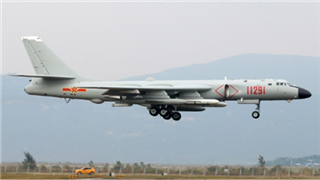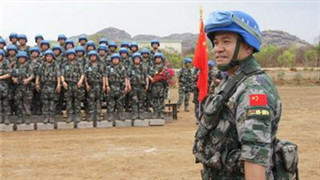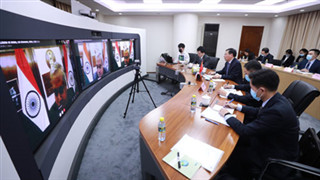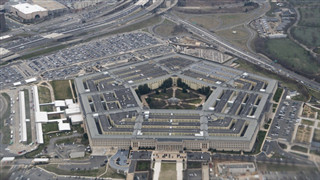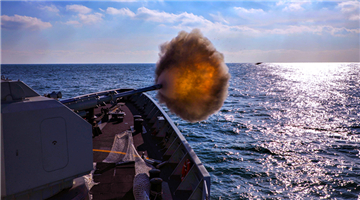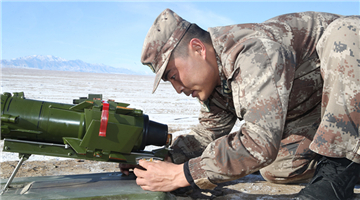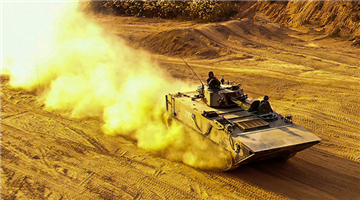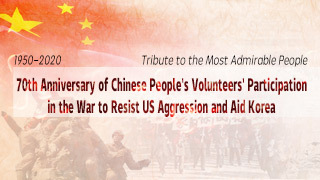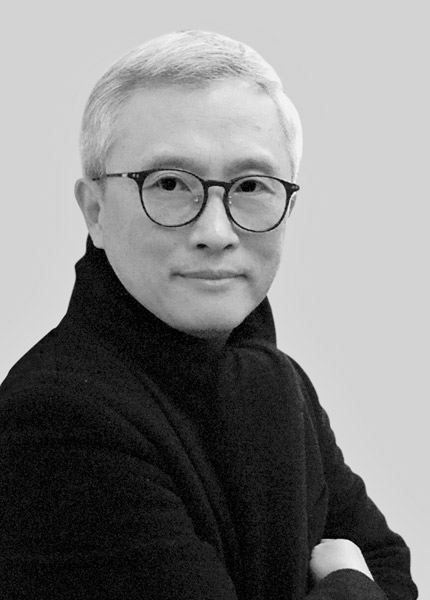
Yet for as long as Della Adams can remember, the combination of porridge and pickle had been her father's favorite breakfast, along with fermented tofu and fried peanuts. For her, someone who has adhered to the same menu to date, a love of Chinese food can be acquired, especially when you are married to a Chinese. Liu Linfeng, her mother, married her father on Dec 20, 1957. (Liu is known by her family and friends as Lin and referred in the book as such.)
By that time, Adams had completed his courses in Beijing and was studying Chinese literature at Wuhan University. Through some mutual friends, Liu, who taught Russian at a college in the mountainous central Chinese city, met Adams, the first black man she had ever met.
The attraction was instant. "My mother later told me that she had always wanted someone stronger and darker, although 'darker' had never meant 'black' until she met my father," Adams said.
"They shared not only a political outlook-both were leftish thinking-but also a fun-loving spirit. My mother was so free-thinking, very much a feminist and a great business person," Adams said, referring to the fact that for the three decades her parents operated restaurants in Memphis, Liu had looked after the business side of things. "My father was equally liberal about gender roles."

In the 1950s in China it was unthinkable for any young Chinese lady to marry an American GI. But Liu, whose father was a local warlord before his own death in the 1930s and who went on the run from the invading Japanese with her elder brothers and sisters, returning years later to find her mother dead, was anything but faint-hearted.
Della Adams was born on Jan 3, 1959. "The whole conversation on the mountain where the university was located was on what the baby would look like-some said it would be checkered; some said it would be black on one side and white on the other; some said it would look like the zebra," recalled a bemused Clarence Adams, who filled her daughter with gratitude for "the working-class people, of whom my father considered himself one".
"My birth was followed by what is known today as China's Three-Year Famine. Everybody was starving, more or less. Yet people would come by and bring food-an egg one man had collected from his hen that morning, or some fish another had just captured. This is for the child, they say," Della Adams said. "Whenever my father talked about these people, his eyes lit up-he had never before in his life experienced that level of kindness from people who were not his family or close friends. And it's making me cry right now …"

By the time Della Adams' younger brother Louis was born, the family had moved from Wuhan into a big compound in Beijing, with three or four buildings surrounding one courtyard. It was populated by, to use her words, "people like us", meaning foreigners or mixed-race families. The father made his daily walk to the nearby Foreign Languages Press, where he translated children's books.
A fantastic dancer, Clarence Adams also socialized widely with African diplomats stationed in Beijing and was told by some to "work for yourself", an alien concept for most black Americans at the time that later inspired him to open his own restaurant in Memphis.
These days Della Adams still recalls sneaking into the courtyard to pick grapes with other children, before an adult chased them out. She also remembers watching with amazement "grilled lamb flaming on skewers" in a Mongolian restaurant.
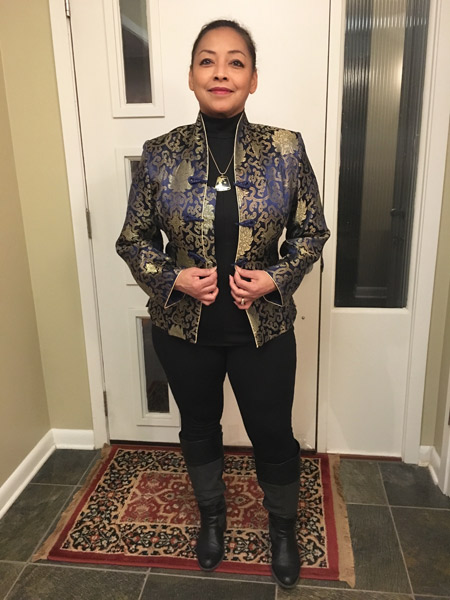
The memories ended abruptly when Clarence Adams decided to leave China for the US in May 1966, taking the family with him. The "cultural revolution" (1966-76)-the ideology-centered political movements that would convulse China for the next decade-was on its way, and he no longer felt he was trusted. He contacted the British embassy in Beijing, which immediately alerted the American consulate in Hong Kong.
"I still remember my mother's crying in days leading to our departure, and her constant looking-back as we walked over the bridge connecting the Chinese mainland and Hong Kong on May 26," said Adams, who was told that the family was on holiday throughout the entire trip.
Nicholas Platt was the man who met them on the other side of the bridge. A veteran diplomat and author of the book China Boys: How U.S. Relations with the PRC Began and Grew, a Personal Memoir, Platt was then a China analyst with the US consulate in Hong Kong.
"Being the first American official they met created a bond that eased for me that debriefing process to follow," said Platt, 84. "They were expecting a sterner welcome than I gave them. Adams was relaxed and affable, relieved by my low-key welcome."
